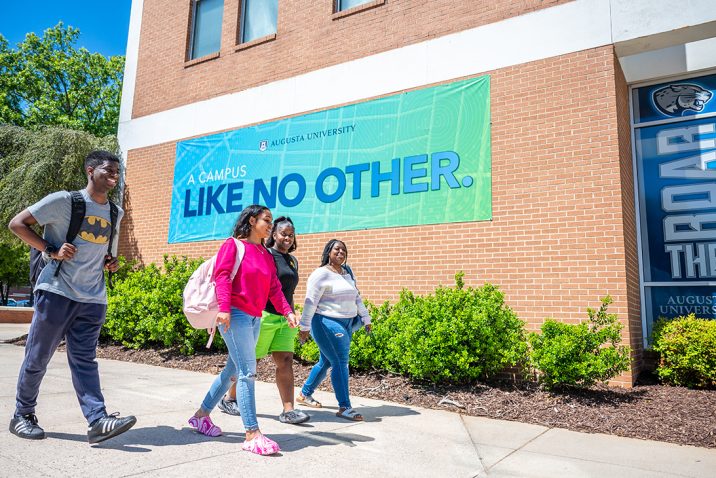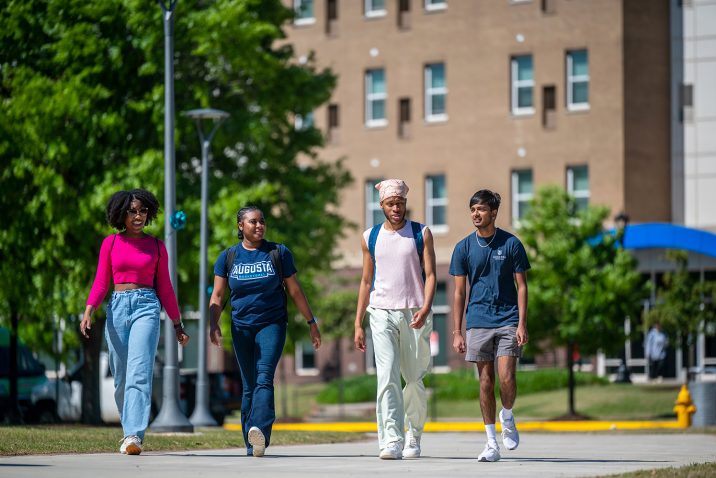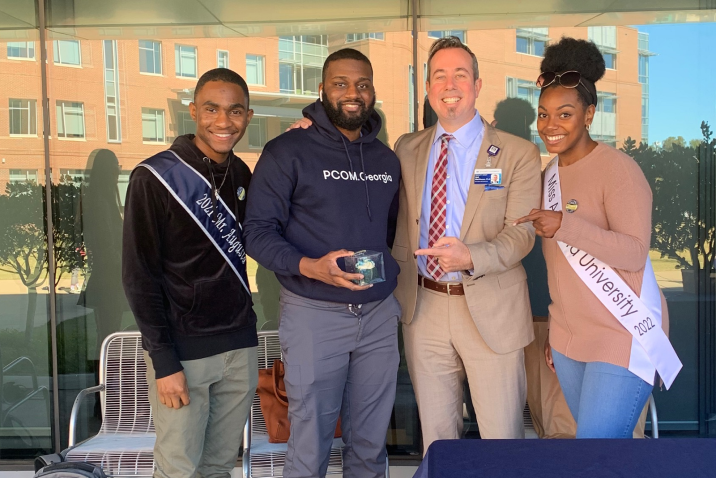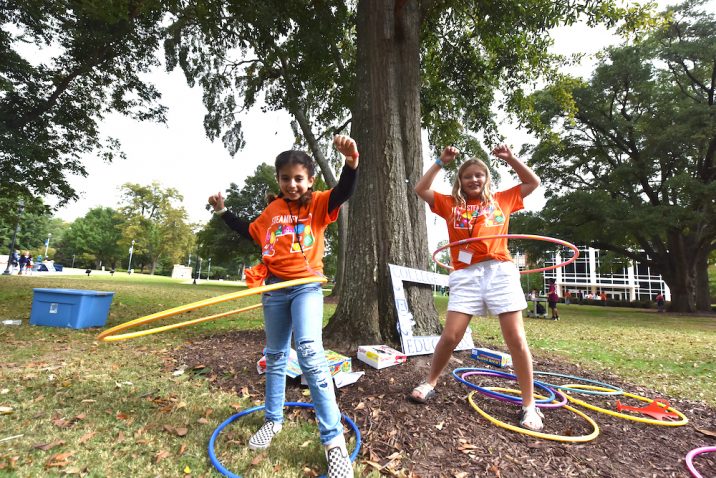Angelica Walden named assistant vice president for Ethics & Compliance
"I am very committed to doing my part in contributing to the continued success of the organization."
The Augusta University Ethics & Compliance Program is committed to promoting and supporting an organizational culture that encourages ethical conduct.
Our office activities reflect the University's commitment to operating with the highest level of integrity while maintaining compliance with applicable laws, regulations, and policies. Our goal is to serve as a proactive partner and resource for University Leadership, Faculty, Staff, and Students. The University Ethics & Compliance Program assists with the creation of structural components, systems, and best practices designed to cultivate and maintain a culture based off our institutional core values: collegiality, compassion, excellence, inclusion, leadership and integrity.
Constructing and preserving a culture of compliance, ethics, and integrity are shared responsibilities and require individual commitment from the entire University community to ensure success. We are each accountable for:
We welcome the opportunity to partner with stakeholders who seek assistance with navigating ethical responsibilities, who wish to report a concern, or have general inquiries.
Ethics & Compliance
Health Sciences Campus
Office 3000-Q
Augusta University is committed to the highest ethical and professional standards of conduct. We strive each day to incorporate our values of collegiality, compassion, excellence, inclusivity, integrity, and leadership to achieve our institutional mission.

"I am very committed to doing my part in contributing to the continued success of the organization."

Brittney Alls has been named interim vice president for audit, compliance, ethics and risk management at Augusta University.

During the fifth-annual Values Week from Nov. 7-13, Augusta University is celebrating its six core values -- collegiality, compassion, excellence, inclusivity, integrity and leadership -- with a week of events.

Programs serving non-student minors include, but are not limited to, camps, clinics, mentoring and shadowing opportunities, lab-related educational experiences and use of classroom or outdoor space.